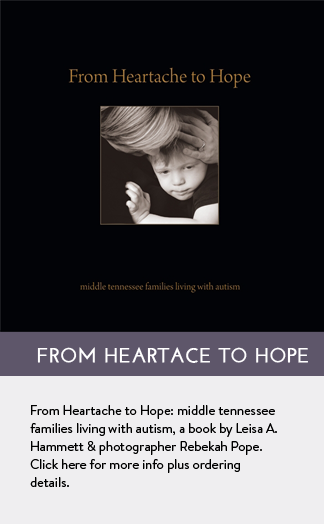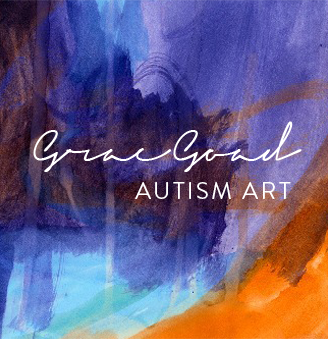The dishes were cleared. The nightly biomedical supplement routine completed. I stood in the kitchen face to face with a tall girl playing a spur-of-the-moment version of patty-cake. Our own version. She was getting it, I thought as I looked into her happy eyes, her smile wide and joyous. We'd clap our own hands twice and then each other's twice. A nice little rhythm we had going. It took paying attention and listening. It was a skill. And though my daughter is 16, I knew not to ignore her ability to do this. Just last year, the pattern and rhythm would have confused her. She'd wrinkle her brow trying, but couldn't quite master it.
Likewise, I knew not to ignore the developmental step I witnessed a few weeks earlier as she sat down to put on her socks and shoes before school. Carefully she adjusted her socks so that the seam was above her toes and the heel of the sock craddled her own. No big deal, right? Oh, no. How many? HOW MANY years had I worked with her–beginning from the time she started her developmental preschool–trying to get her to understand how to put on her socks correctly?
Back to the kitchen and our special version of patty-cake. I remembered my friend B. who exasperatedly recanted her son's last IEP (Individual Education Planning meeting). One of the experts had said her son could not perform a certain task because they had tried to teach him and he couldn't learn the task. But, my friend B. pointed out: just because he could not do something in elementary school, didn't mean he couldn't learn to do it later. He is developmentally delayed after all, she said.
B's example stuck with me. Yes, my daughter is 16 and just now mastering nuances of certain childhood games and basics of daily self-care. But she's learning. Just because she did not learn these things earlier does not mean she cannot and will not. That is important for me and all those who love and work with her and other individuals like her to remember.
Afterall, aren't we all ideally life-long learners? Why can't my daughter, who has developmental delays, also continue to learn? And then it streaks through my mind: "Don't Lose Hope." And as I write these words, I recall an autism/parent mentor who has raised her daughter into adulthood. S. lives independently downtown in her own apartment. At her 26th birthday party, her mother assured me and another autism mom present: "You cannot tell even now at 16 and 17," the ages of the other mother's son and of Grace, "you cannot begin to imagine at their age what they will be able to do at my daughter's age."
…Don't. Lose. Hope….
*As I wrote about Hope here, more memories sprinted through the maze of my thoughts. Hope. Our book published in 2009 conveyed stories of Hope. About transforming Heartache TO Hope, and hence the title–From Heartache to Hope.The above photo was taken during my author photo session by gifted photographer and book collaborator Rebekah Pope.





AMEN!
Thanks for the affirmation! 🙂